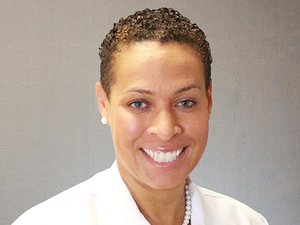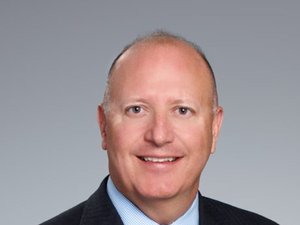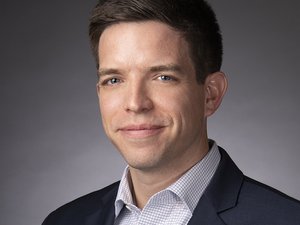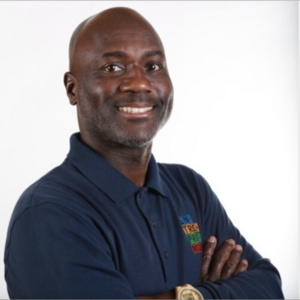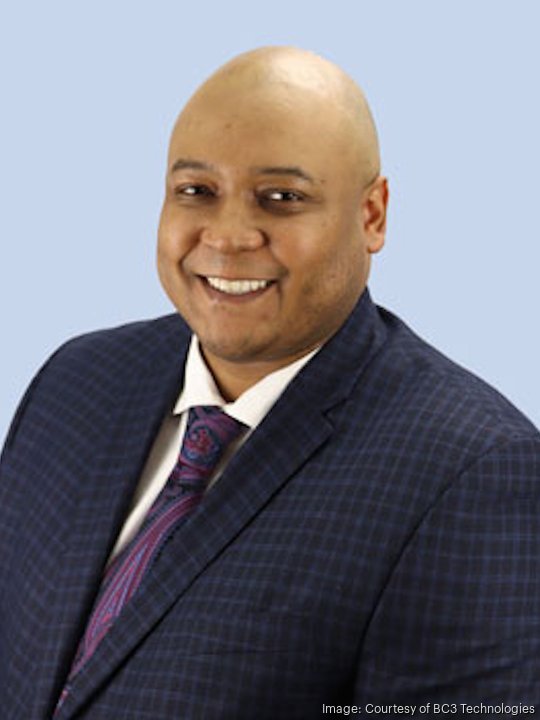
A Baltimore company has developed a spray-on bandage aimed at helping medical personnel handle serious wounds.
BC3 Technologies in the city's Violetville neighborhood received Food and Drug Administration clearance for the "SEAL" Hemostatic Wound Spray in February and is planning for a soft product launch next month. The SEAL aerosol cans use chitosan, a main component in crab shells, to speed up blood clotting and seal up a wound to stop bleeding. CEO Wayne Grube Jr. plans to produce 50,000-100,000 cans of the spray by the end of this year.
Grube plans to have SEAL available over the counter in the next 12 to 18 months. The company has raised around $1.7 million in venture capital with support from Quake Capital Partners and unnamed angel investors. BC3 Technologies is now looking to raise a $10 million to $20 million Series A round to continue its growth.
SEAL’s spray design means that it can be used on more complex wounds, as well as be applied inside the holes caused by a gunshot, giving them an advantage over traditional bandages. The spray also works outdoors and in bad weather because water does not affect it.
The product took 10 years for Grube to bring to market. After years of working to bring other companies' products to market and his family business, Baltimore-based Aerosol and Liquid Packaging, Grube wanted to go out on his own. It would have been relatively easy for him to create a hairspray or other beauty product, but Grube felt the beauty market was already over-saturated. He wanted to do something with a bit more value to society.
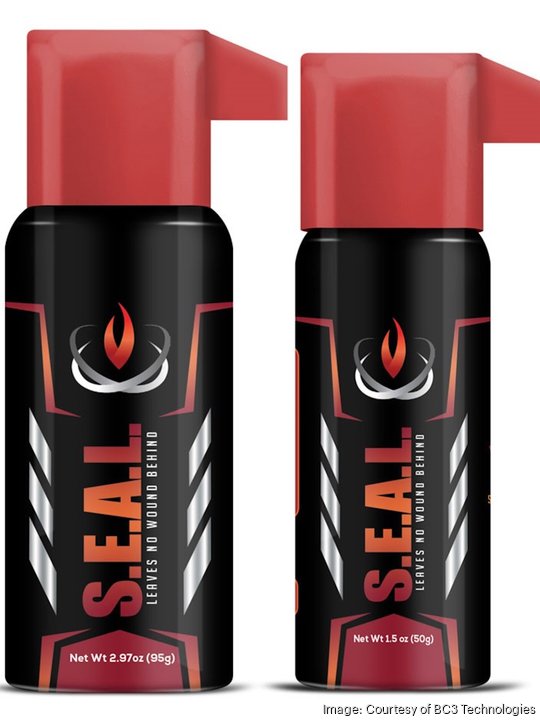
Grube met two German chemists through the family business, Revelino Montenegro and Thomas Freier, and the three began working on creating a new medical device. Years later, while at a trade show serving as a consultant for another startup, he met a limited partner for Quake Capital Partners. The chance meeting led to the pre-seed funding necessary to seriously develop SEAL.
The Covid-19 pandemic forced Grube to pivot. The CEO planned to raise more venture capital funding but instead began manufacturing hand sanitizer and other cleaning products to keep the business alive, while SEAL went through several studies on the way to FDA approval.
Now that his device has the necessary approval to enter the market, Grube is already looking toward markets outside of America for expansion. BC3 signed a deal with South African Company Merlin Med Group to distribute SEAL in Africa. He believes that SEAL could be useful to rural farmers who do not have quick access to hospital services. A farmer who suffers an injury in an accident could apply the SEAL spray while he waits for medical help to arrive.
“We want to be successful, but with our success comes other people's tragedy,” Grube said. “I would like to think that our product will be picked up as a form of insurance."
